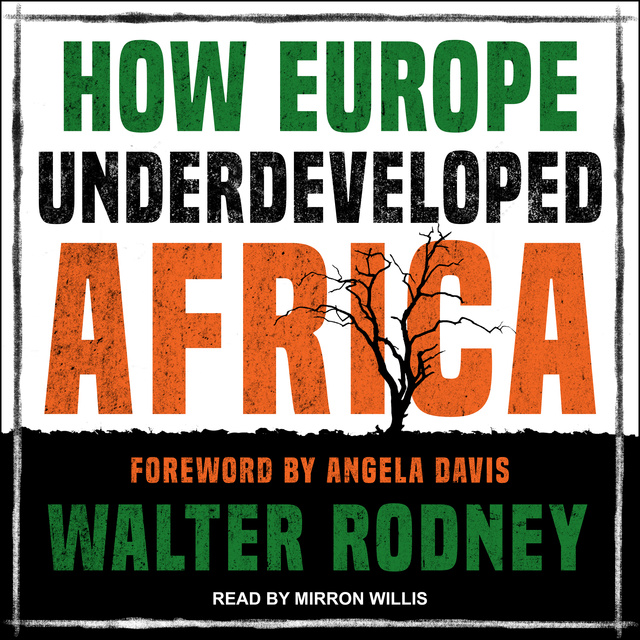
Rodney's Marxist historiographic perspective is very clear. The suppression and loss of this history is, of course, one of the large negative consequences of the entry of the imperialistic and racist Europeans. The political and military skills and exploits of the great Zulu leader Shaka Zulu were dwelt upon at some length.

Rodney's example ran from Egypt through Ethiopia, Nubia, Morocco, the Western Sudan, and East Africa to Zimbabwe. The fourth, which is the essence of the book, is analysis of Europe's contribution to Africa's present 'underdeveloped' state.Įmphasising that "a survey of the scene in Africa before the coming of Europeans would reveal considerable unevenness of development, the historian went on to set out the often neglected, little known stories of great African civilisations of the pre-European period. The third operation is an analysis of Africa's contribution to Europe's present state (reminiscent of Eric Williams' equally famous study, Capitalism and Slavery). The second is the reconstruction of the nature of development which took place in Europe before expansion abroad. The first is a reconstruction of the nature of development in Africa before the coming of the Europeans. To set the record straight", Rodney declared, "four operations are required." Rodney set out his proposition as fact at the start of his second chapter: "It has been shown that, using comparative standards, Africa today is underdeveloped in relation to Western Europe and a few other parts of the world and that the present position has been arrived at, not by the separate evolution of Africa on the one hand and Europe on the other, but by exploitation. The launch of the African Union a couple of weeks ago has resurrected a long, lingering interest in raising some critical questions about the central premise of the book.


By uncritical acclaim and frequency of use, the book has achieved the status of sacred text. By Martin Henry, A GENERATION of university students grew up on Walter Rodney's famous 1972 book, How Europe Underdeveloped Africa.


 0 kommentar(er)
0 kommentar(er)
